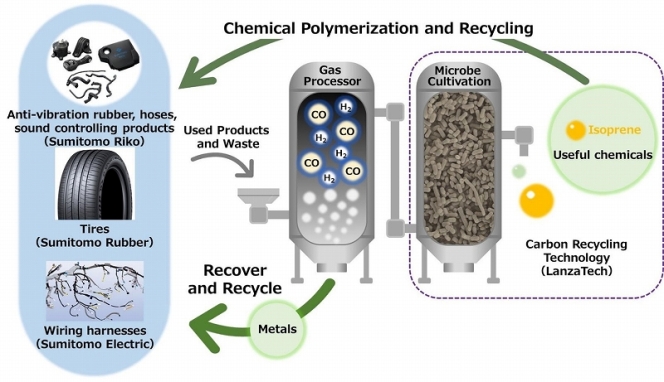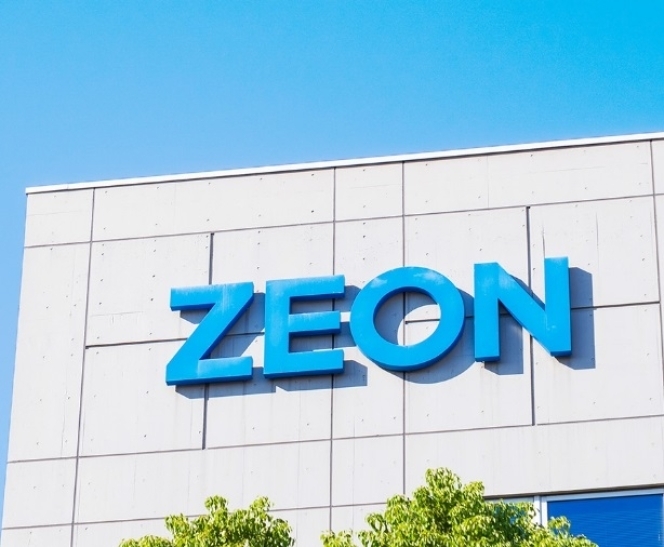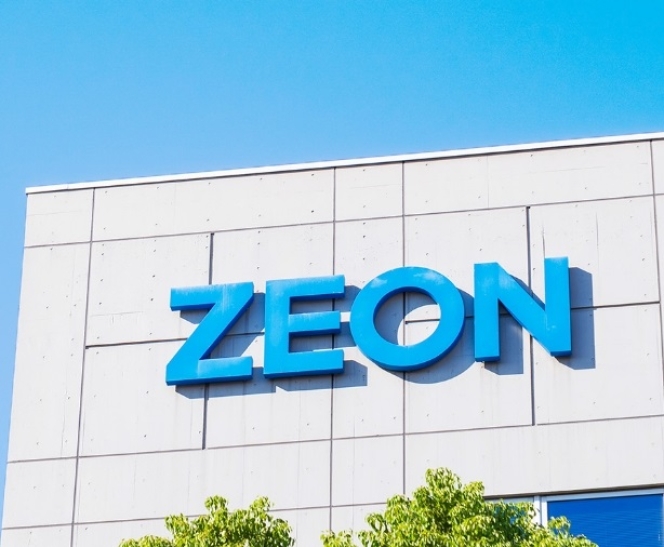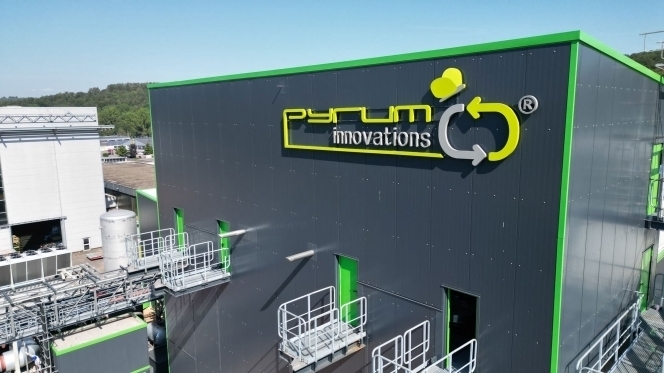Sumitomo Rubber With Three Other Companies To Develop Recycling Technologies
- By TT News
- August 04, 2023

Sumitomo Rubber, along with Sumitomo Electric Industries and Sumitomo Riko Company, has partnered to develop recycling technologies, contributing to the advancement of a circular economy.
This collaboration builds upon Sumitomo Riko’s previous joint development agreement with LanzaTech Global, a US-based carbon recycling firm known for its carbon capture and utilization (CCU) technology expertise.
Together, these companies will work on groundbreaking technologies to transform waste materials, such as rubber, resin, urethane, and metal, into valuable resources.
This aligns with Sumitomo Rubber’s commitment to creating a sustainable society characterized by carbon neutrality and a circular economy, as per its unique circular economy concept, “TOWANOWA.” The company aims to recycle and efficiently use finite resources while leveraging big data to offer innovative and value-added solutions to its customers.











Comments (0)
ADD COMMENT